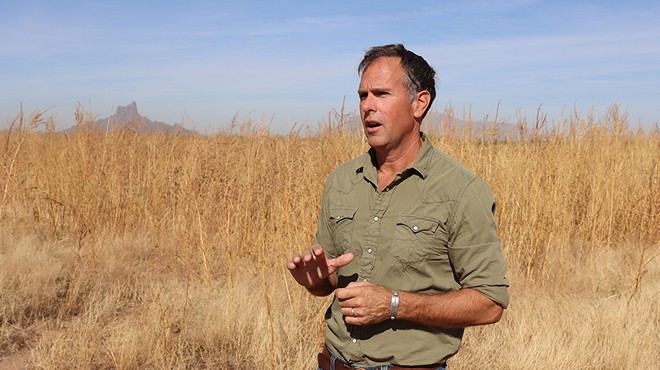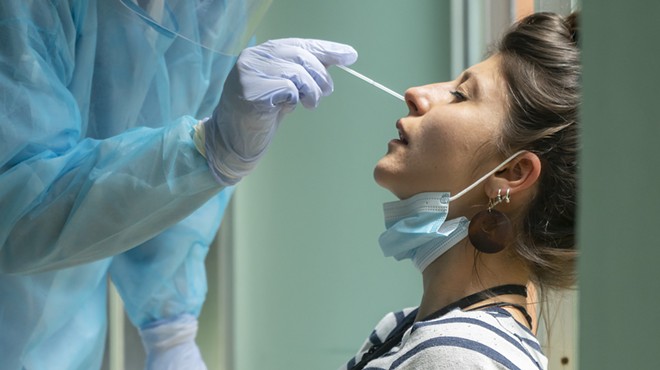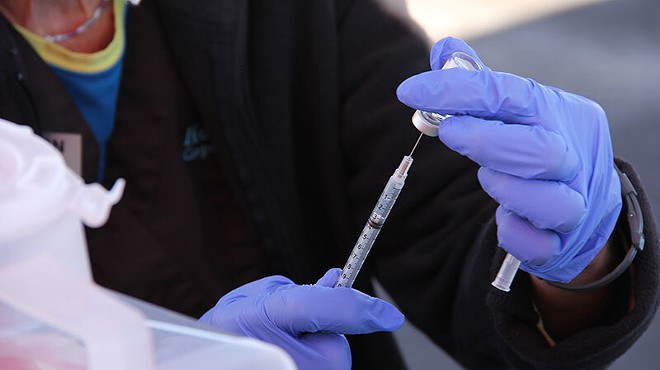Monday, October 22, 2012
Throw Out Your CDs and Hard Drives: The Storage Medium of the Future is the Cassette Tape
This is proof positive that everything old is new again. From New Scientist, it turns out that hard disks are on their way out as mediums for high-density information storage, as a result of the physical limitations of hard disk technology. The solution, interestingly, is related to what's currently sitting in my nearly-old-enough-to-buy-beer pickup truck: the cassette tape.
From NewScientist:
Researchers at Fuji Film in Japan and IBM in Zurich, Switzerland, have already built prototypes that can store 35 terabytes of data - or about 35 million books' worth of information - on a cartridge that measures just 10 centimetres by 10 cm by 2 cm. This is achieved using magnetic tape coated in particles of barium ferrite.But the real debut for this technology is likely to be the Square Kilometre Array (SKA), the world's largest radio telescope, whose thousands of antennas will be strewn across the southern hemisphere (New Scientist, 2 June, p 4). Once it's up and running in 2024, the SKA is expected to pump out 1 petabyte (1 million gigabytes) of compressed data per day.
Current projections by the trade body Information Storage Industry Consortium show that although hard drives will be able to store 3 terabytes a piece in a decade's time, that still amounts to at least 120,000 drives a year.
Using tapes should cut down drastically on energy use, too. Data centres based on disc drive arrays use over 200 times more power than would a tape library of similar size, according to a 2010 study by The Clipper Group, a technology consultancy based in Rye, New Hampshire. That's because disc drives in large arrays tend to remain powered-up, so their platters spin continuously, in case data is required, says Jon Hiles of Spectra Logic, a digital archiving firm in Boulder, Colorado. But tape drives only use power when they are being read or recorded on, he says.
So there it is, folks. They're more energy-saving, able to store more data, and likely to make my dad's old Clapton tape to feel less alone in this world.
For more, check out New Scientist.
Tags: newscientist , cassette tapes , hard disk drives , information storage , square kilometre array











